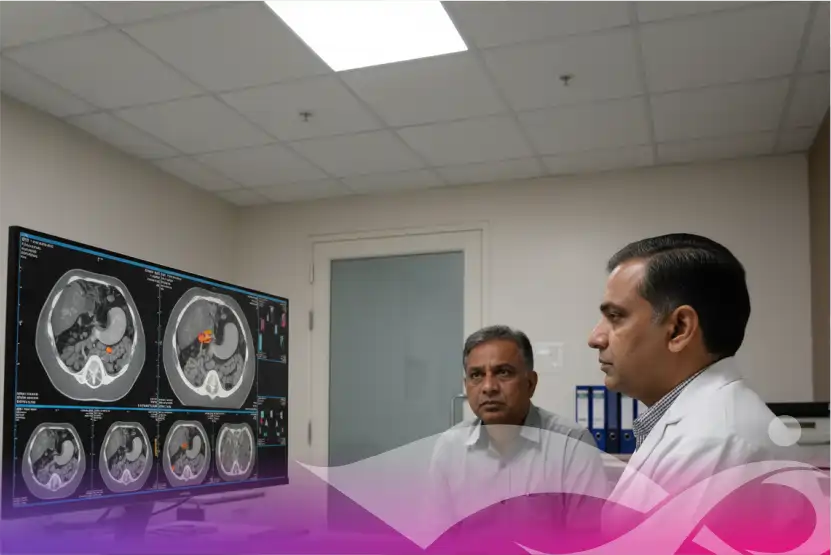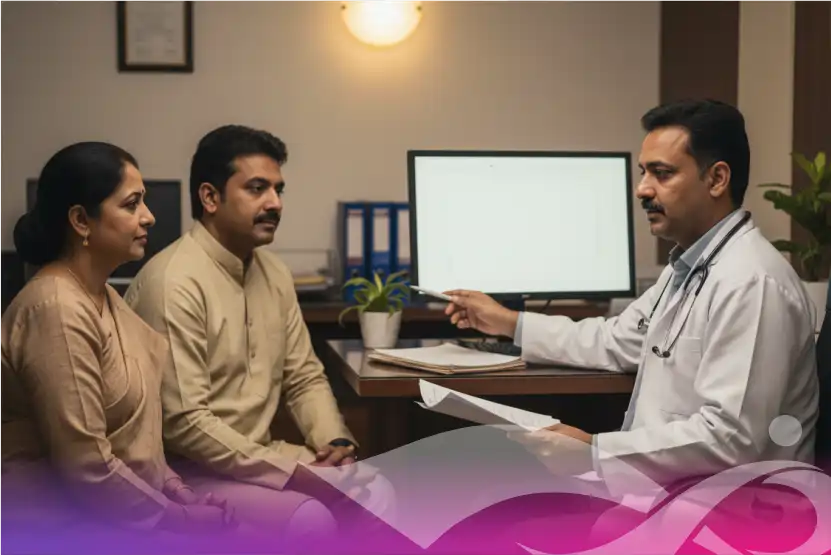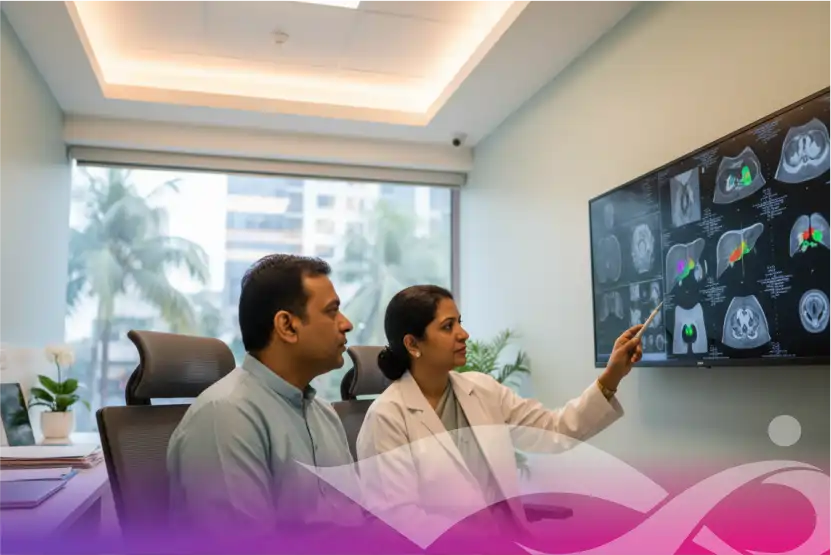The Silence Around Women's Health
In Indian households, women care for everyone but themselves. They manage homes, raise families, and put others first. But when it comes to their own health, especially issues related to reproductive organs, there’s often hesitation, discomfort, or complete silence
At IOCI India, we see this every day. Women walking in with advanced-stage cervical, ovarian, or uterine cancers who waited too long. Not because they didn’t notice something was wrong. But because they didn’t know it mattered.
Symptoms That Are Easy to Ignore
Reproductive cancers rarely begin with intense symptoms. They often start with signs that are vague, easy to explain away, or considered “normal” for women. Take bloating, for example. Most women experience it during their cycle. But in some cases, it’s one of the symptoms of ovarian cancer most women miss.
Other missed signs include pelvic pain, feeling full quickly while eating, or changes in urination. These signs often go unchecked, especially in women juggling busy routines and family responsibilities.
The Hormonal Link
Another often-overlooked risk is thyroid health. The thyroid gland plays a major role in female hormonal balance. When it begins to malfunction or develop nodules, it can show up as fatigue, mood swings, irregular periods, or sudden weight changes. Many Indian women dismiss these signs as stress or age-related, but they could be early warning signs of thyroid cancer.
Because thyroid issues are common in women, it’s important to know when symptoms are persistent and worth checking.
Fear, Stigma, and the Lack of Conversation
Reproductive health still carries cultural stigma in many parts of India. Women are often uncomfortable talking about menstrual changes, vaginal discharge, or pain during intercourse. They fear being judged, misunderstood, or dismissed.
Add to this the limited number of women-focused health checkups in rural and even urban settings, and it’s no surprise why so many cancers are diagnosed late. Sometimes, women are even confused about the difference between tumor and cancer, thinking that every growth is fatal or that every lump can be ignored. A tumor can be benign or malignant. Cancer is always malignant and needs timely care. Understanding this difference can ease fear and encourage early action.
What Needs to Change
Women need more than just access to care. They need information that speaks to them with clarity, compassion, and confidence. Doctors must make space for questions. Families must support screening and regular gynecological checkups. And most importantly, women must learn to listen to their bodies without guilt.
At IOCI India, we’re creating safe spaces for women to come forward without fear. Our gynecologic oncology teams, screening camps, and awareness drives are designed to reach the women who are most at risk and least likely to speak up.
Final Thought
Cancers of the reproductive system are treatable when caught early. But they’re dangerous when ignored. Knowing what’s normal for your body and what’s cannot change the outcome completely.
If you or someone you know has been putting off a checkup or dismissing symptoms, now is the time to act.
Consult us at any of our locations across IOCI Noida, Greater Noida, Mumbai, Indore, Chh. Sambhajinagar, Agartala, Saharanpur, Kanpur and Jodhpur.












